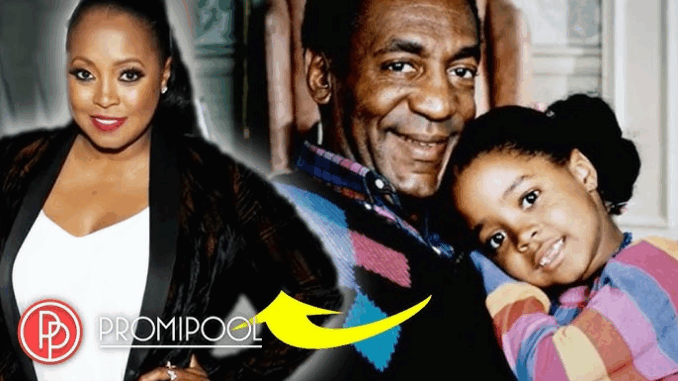
While The Cosby Show is often remembered for Bill Cosby’s iconic portrayal of Dr. Cliff Huxtable, it was Phylicia Rashad’s Clair Huxtable who brought a quiet but powerful revolution to American television. Intelligent, graceful, witty, and fiercely independent, Clair redefined what it meant to be a working mother, a wife, and a Black woman on screen.
One standout moment comes in an episode where Clair confronts a young man who expresses outdated views about gender roles. The visitor is stunned when Clair, calm and smiling, effortlessly dismantles his assumptions. She explains—firmly, yet without raising her voice—that being a woman doesn’t mean being less capable, and that running a household while managing a full-time legal career is not only possible but admirable.
What followed wasn’t just applause from the studio audience—it was recognition. In just a few lines, Clair became more than just a TV mom; she became a symbol of modern feminism.
Unlike many sitcom mothers of the era who were often written as overly emotional or secondary to their husbands, Clair Huxtable was a partner—equal in intellect, sharper in argument, and never afraid to speak truth. Her presence on the show wasn’t just about balance; it was about brilliance. She brought a moral compass, a sense of order, and a sharp tongue when needed, wrapped in elegance and style.
For millions of viewers, Clair was the first time they saw a Black woman as both a respected professional and a loving mother, without having to sacrifice one for the other. She was the antidote to television stereotypes, and her character opened the door for future generations of complex, multidimensional women on screen.
In a media landscape still evolving in its portrayal of women of color, Clair Huxtable remains a gold standard. Not just for what she said, but for how she said it—with intelligence, poise, and power. She taught us that dignity is strength, that motherhood and ambition can coexist, and that the most powerful person in the room doesn’t always need to raise their voice.
More than three decades later, the legacy of Clair Huxtable endures—not just in reruns, but in every strong, uncompromising woman who refuses to be boxed in.